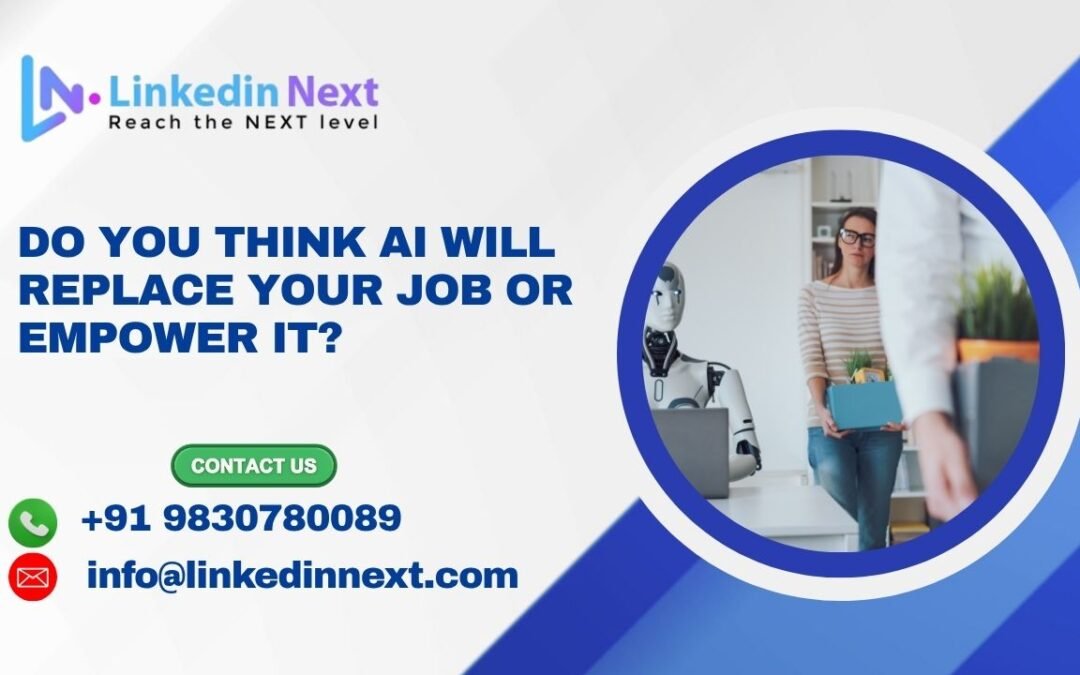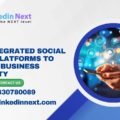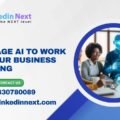Do you think AI will replace your job or empower it?
Do you think AI will replace your job or empower it?. As Artificial Intelligence (AI) continues to advance at an unprecedented pace, a pressing question looms over the global workforce: will AI replace human jobs or empower them? This debate is shaping how individuals, organizations, and policymakers approach the future of work. By examining current trends, technological capabilities, and human skill dynamics, we can better understand how AI is likely to impact careers and professional growth.
AI: A Tool for Automation and Efficiency
AI excels at repetitive, data-intensive, and predictable tasks. For example:
-
Automating data entry, invoice processing, and customer support with chatbots.
-
Performing predictive analytics to inform business decisions faster than humans.
-
Optimizing logistics, supply chains, and manufacturing processes with minimal error.
In these scenarios, AI acts as a replacement for mundane tasks, freeing human workers from repetitive work but also creating concerns about job displacement in traditional roles.
Jobs Most at Risk of Replacement
Certain roles are particularly vulnerable to AI-driven automation:
-
Administrative assistants: AI can schedule, manage emails, and even draft documents.
-
Data entry clerks: Automated systems now handle large-scale data input efficiently.
-
Basic customer service representatives: Chatbots and virtual assistants provide 24/7 support.
-
Manufacturing and assembly line workers: Robotics reduce reliance on manual labor.
However, while these tasks may be automated, entire job replacement is rare. AI tends to transform roles rather than completely eliminate them, emphasizing the need for human oversight, creativity, and judgment.
AI as a Career Empowerment Tool
For most knowledge workers, AI is a career amplifier rather than a replacement. It empowers employees by:
-
Enhancing decision-making: AI analyzes vast datasets quickly, enabling humans to make informed choices.
-
Increasing productivity: Automation of repetitive tasks allows employees to focus on high-value, strategic work.
-
Supporting creativity: Tools like AI writing assistants, design software, and data visualization platforms allow professionals to innovate more effectively.
-
Personalizing learning and growth: AI-driven skill assessments and adaptive learning platforms help individuals upskill continuously.
For example, a marketing professional using AI can analyze consumer trends, generate personalized content, and optimize campaigns — all while focusing on creative strategy and brand vision.
The Hybrid Workforce: Humans + AI
The most promising future is collaboration, not competition. Jobs in 2025 and beyond increasingly require hybrid skills, where humans and AI work in tandem:
-
Healthcare: Doctors use AI for diagnostics and predictive analysis while providing empathetic patient care.
-
Finance: Analysts leverage AI for risk assessment while offering nuanced insights to clients.
-
Education: Teachers integrate AI tools for personalized learning while fostering critical thinking and mentorship.
This hybrid model emphasizes that human judgment, creativity, and emotional intelligence remain irreplaceable, even as AI handles complex computations and routine processes.
The Skills That Protect Against Job Replacement
To thrive in an AI-driven workplace, individuals must cultivate skills that AI cannot replicate easily:
-
Emotional Intelligence (EQ) – Empathy, negotiation, and interpersonal communication.
-
Critical Thinking – Problem-solving and analytical reasoning beyond algorithmic output.
-
Creativity and Innovation – Designing novel solutions, products, and experiences.
-
Adaptability – Learning new technologies and pivoting as roles evolve.
-
Ethical Decision-Making – Navigating moral and societal implications of AI.
By developing these uniquely human skills, workers empower themselves to collaborate with AI rather than compete against it.
Industries Where AI Empowers Jobs
Certain sectors exemplify how AI empowers rather than replaces human roles:
-
Healthcare: AI accelerates diagnostics and treatment planning, giving doctors more time for patient care.
-
Finance: AI algorithms predict market trends, allowing analysts to focus on strategy and client relations.
-
Creative Industries: AI assists in content generation, music composition, and design, enabling creators to explore more ambitious projects.
-
Education: AI personalizes learning paths, allowing teachers to focus on mentoring and critical thinking development.
In each case, AI augments human capabilities, enhancing impact and efficiency rather than eliminating value.
AI’s Role in Career Evolution
Rather than a threat, AI represents a catalyst for career evolution:
-
Roles will shift from execution-focused to strategy-focused.
-
Routine manual and cognitive tasks will be automated, creating time for higher-order problem solving.
-
Continuous upskilling and reskilling will become essential to maintain career relevance.
Workers who embrace AI as a partner in their professional journey are positioned to thrive, while those who resist change risk obsolescence.
Conclusion: Replacement or Empowerment?
The answer is nuanced. AI will replace certain tasks and even parts of roles, but entire job elimination is less common. More importantly, AI empowers workers by enhancing productivity, decision-making, and creativity.
The 2025 workforce has shown that the most resilient professionals are those who collaborate with AI, leveraging technology to amplify human skills rather than fear it.
In the AI era, your career’s future depends on your ability to adapt, learn continuously, and embrace AI as a tool for empowerment — not a competitor.
Thank you for read our blog “Do you think AI will replace your job or empower it?”.
Also read our more BLOG here.
I hope this blog is helpful to you, if you have any question feel free contact us at
Call/WhatsApp: +91.9830780089 || Email: info@linkedinnext.com







Recent Comments